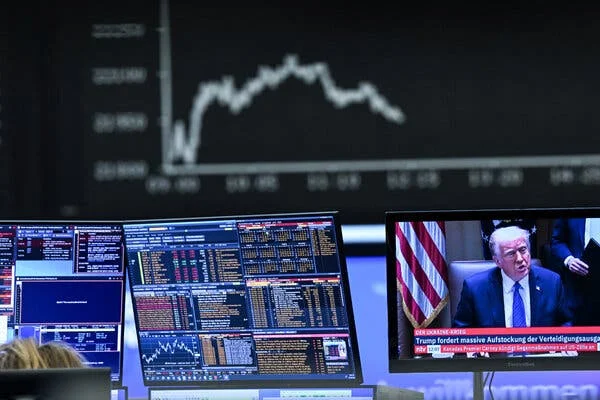
Trump’s Tariff Strategy Escalates Global Trade Tensions
President Donald J. Trump has escalated global trade tensions by announcing a new round of tariffs targeting China, as part of a broader strategy to increase U.S. competitive edge and protect national security. The move, detailed in a White House fact sheet, declares a national emergency to justify the aggressive trade measures. Trump's approach aims to counteract what he perceives as unfair trade practices by China, with the new tariffs set to impact a wide range of Chinese imports.
The decision has sparked a variety of reactions globally. Analysts at Barron's suggest that these tariffs could lead to reciprocal actions from China, potentially escalating into a full-blown trade war. The New York Times reports that the tariffs are part of Trump's ongoing efforts to renegotiate trade deals, which he believes have been detrimental to the U.S. economy. Meanwhile, the South China Morning Post speculates on how China might respond, with possibilities ranging from retaliatory tariffs to seeking new trade alliances.
This latest development in Trump's trade policy underscores the administration's willingness to use economic levers to assert U.S. dominance in global trade, despite the potential for increased international friction.
Detailed
Related issues news
What are tariffs charged to the US?
A tariff or duty (the words are used interchangeably) is a tax levied by governments on the value including freight and insurance of imported products. Different tariffs applied on different products by different countries.
Does China have tariffs?
China Customs assesses and collects tariffs. Import tariff rates are divided into six categories: general rates, most-favored-nation (MFN) rates, agreement rates, preferential rates, tariff rate quota rates, and provisional rates. As a member of the WTO, imports from the United States are assessed at the MFN rate.




